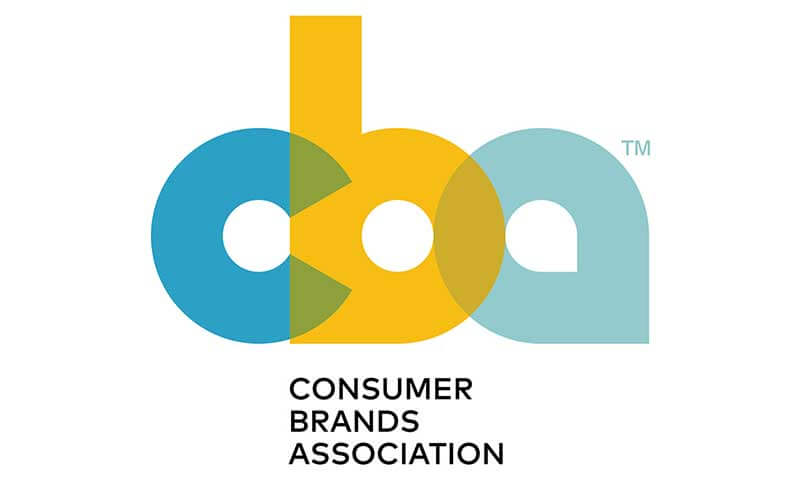The Consumer Brands Association (CBA) called on U.S. Attorney General William Barr March 9 to protect Americans from the price gouging of critical consumer packaged goods (CPG) related to the coronavirus outbreak. The U.S. Department of Justice (DOJ), working through the National Center for Disaster Fraud, can better coordinate with federal, state and industry partners—particularly state attorneys general—to help deter and mitigate this illicit practice, CBA says.
“Consumer Brands fears price gouging for consumer products—which has been on the rise in recent weeks—could prevent consumers from obtaining the preventative consumer products they need to protect themselves from the spread of Covid-19,” Bryan Zumwalt, EVP of public affairs for CBA, wrote in a letter to Barr. “Consumer Brands urges the DOJ to collaborate with federal, state and industry partners to take all possible actions to counteract price gouging of consumer products needed to prevent the spread of Covid-19.”
According to new research from CBA, 24 percent of Americans have seen price gouging on high-demand consumer products like hand sanitizer, non-perishable foods, cleaning supplies and bottled or canned beverages. Americans are frustrated by those taking advantage of the situation—with 88 percent seeking options to report price gouging to the government.
“The CPG industry is unequivocally opposed to price gouging and works every day—crisis or not—to ensure consumers have access to the affordable products they rely on. Price gouging undermines that mission and, in the case of a pandemic, is a threat to public health,” said Zumwalt.
More than half (53 percent) of Americans have already, or plan to, stock-up on products to prepare for possible impact from the coronavirus. The majority (89 percent) of American consumers think the government should be doing more to protect against supply chain disruptions of critical consumer goods during national crises.
“The CPG industry is increasing production of essential products, but the coronavirus is a stress test on our supply chain—making it apparent that the government must help where it can,” said Zumwalt.
Thirty-seven percent of consumers have experienced a supply shortage or purchasing restrictions on high-demand consumer products, and another 28 percent reported that friends or family have seen these shortages. Some retailers are limiting the number of high-demand items a consumer can purchase at one time, which may help keep critical products in stock across the country.
CBA also will be working with the newly created Congressional Supply Chain Caucus to help develop strategies to mitigate global supply chain disruptions caused by stressors such as the coronavirus.
“We can’t play catch-up when disaster strikes. The government must be proactive in its supply chain policy,” said Zumwalt. “The government should step in to protect consumers by ensuring bad actors cannot take advantage of a crisis through exploitative pricing of essential products.”


what about consumer hoarding of these critical supply items. this also is frustrating when consumers try to purchase and stores have run out due to hoarding.